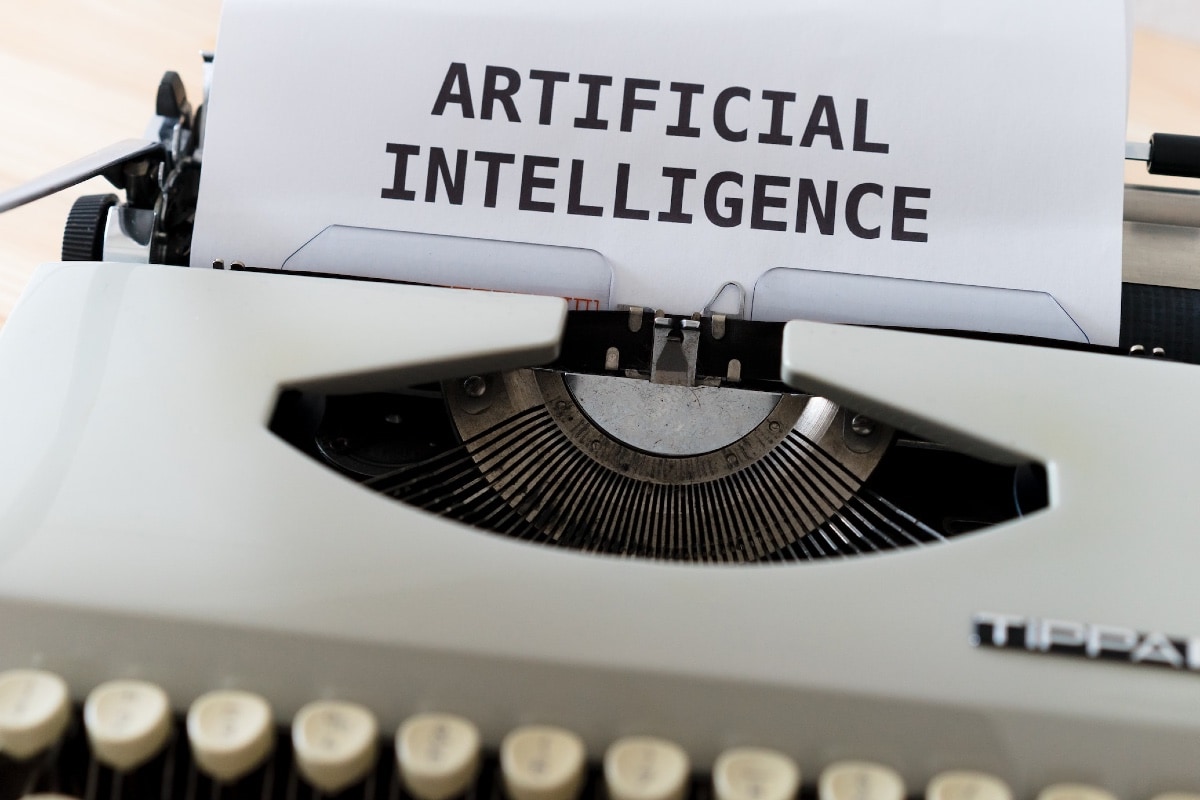
The US Copyright Office issued new guidance on Wednesday to clarify when artistic works created with the help of artificial intelligence are copyright eligible.
Building on a decision it issued last month rejecting copyrights for images created by the generative AI system Midjourney, the office said copyright protection depends on whether AI’s contributions are “the result of mechanical reproduction,” such as in response to text prompts, or if they reflect the author’s “own mental conception.”
“The answer will depend on the circumstances, particularly how the AI tool operates and how it was used to create the final work,” the office said.
The office had no comment on the guidance.
Generative AI systems like Midjourney, ChatGPT and DALL-E, which create text and images in response to human instructions, have recently skyrocketed in popularity. Microsoft-backed OpenAI on Tuesday released GPT-4, an upgraded version of ChatGPT.
The Copyright Office weighed in for the first time last month on whether its output is copyrightable, finding Midjourney-generated images in Kris Kashtanova’s comic book “Zarya of the Dawn” could not be protected, though Kashtanova’s text and unique arrangement of the book’s elements could.
The office reiterated Wednesday that copyright protection depends on the amount of human creativity involved, and that the most popular AI systems likely do not create copyrightable work.
“Based on the Office’s understanding of the generative AI technologies currently available, users do not exercise ultimate creative control over how such systems interpret prompts and generate material,” the office said. “Instead, these prompts function more like instructions to a commissioned artist.”
Creative modifications and arrangements of AI-created work, like Kashtanova’s comic, can still be copyrighted, and the office said its policy “does not mean that technological tools cannot be part of the creative process.”
“In each case, what matters is the extent to which the human had creative control over the work’s expression and actually formed the traditional elements of authorship,” the office said.
The office also said that copyright applicants must disclose when their work includes AI-created material, and that previously filed applications that do not disclose AI’s role must be corrected.
© Thomson Reuters 2023



